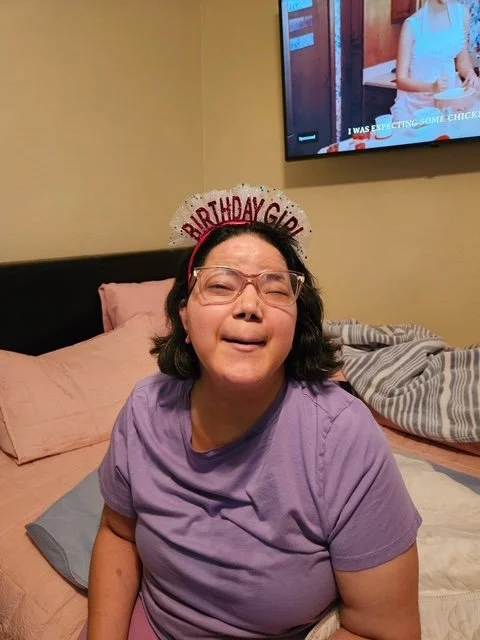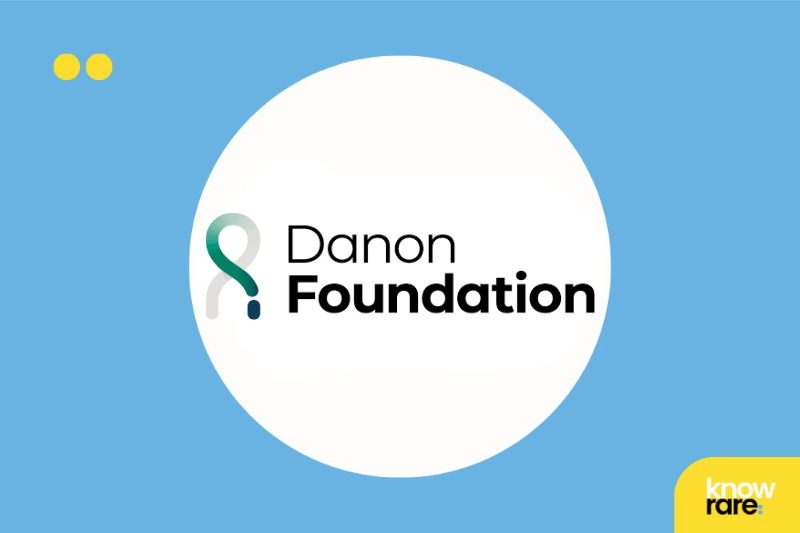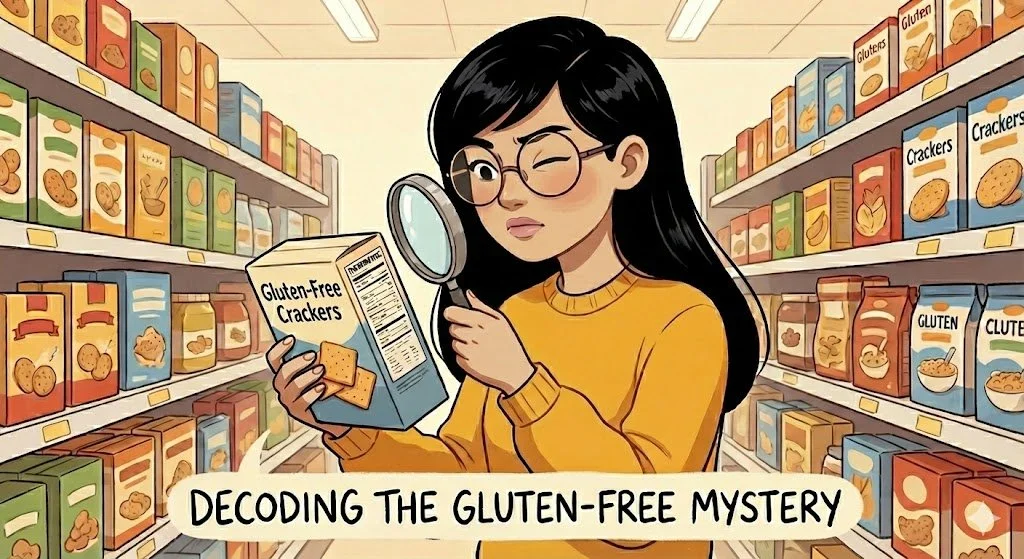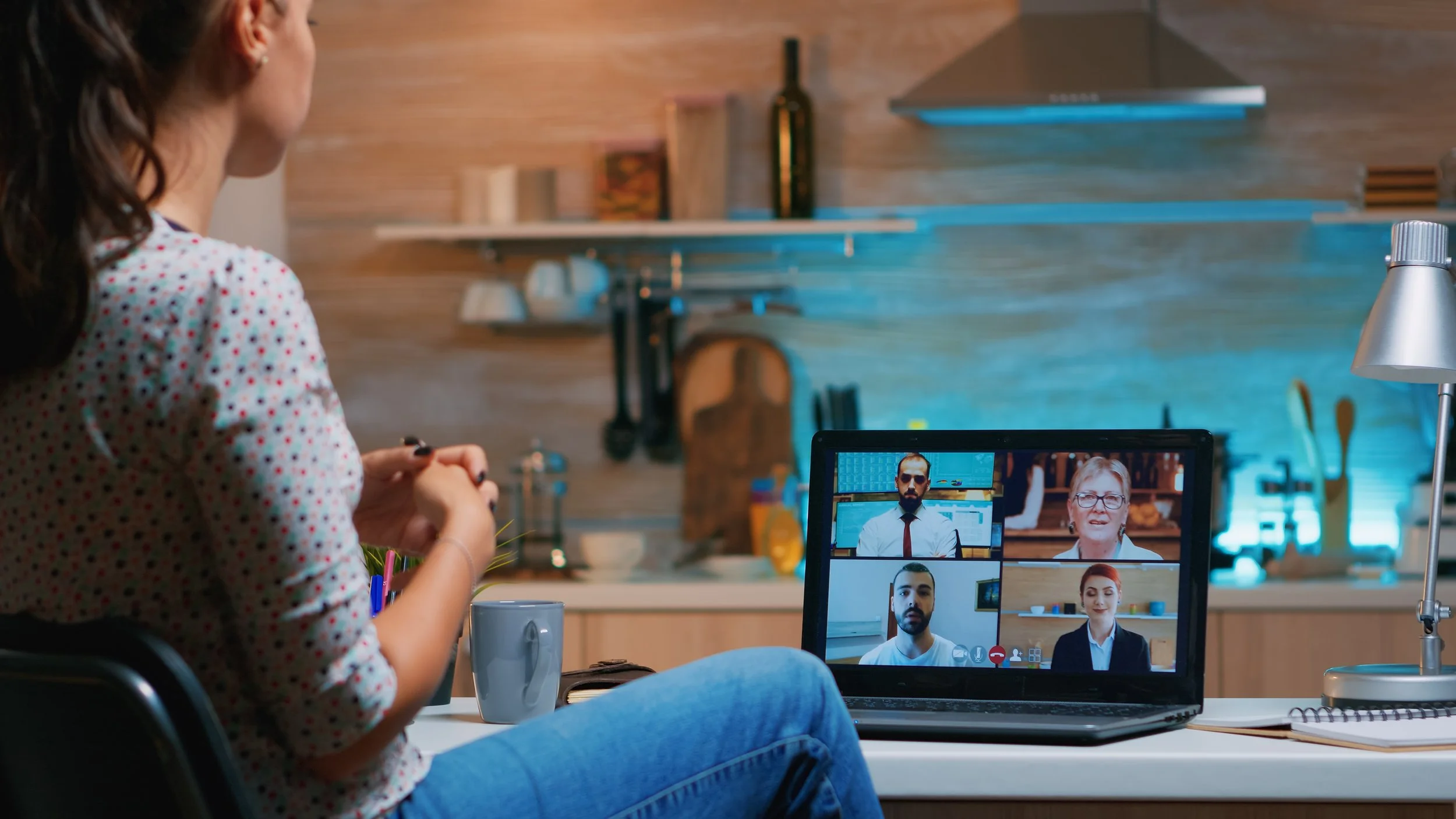We All Have a Story to Tell
By Chris Anselmo
In December 2012, I received an email invitation that would change the trajectory of my life.
The Jain Foundation, whose mission is to find a cure for my disease, limb-girdle muscular dystrophy type 2B (LGMD2B), wanted me to speak at their annual research conference in Washington, D.C. The organizers hoped that my patient story could help put a face to the disease that their researchers were investigating in the lab.
After reading the email, I felt a wave of excitement, followed by piercing fear. The problem? I was terrified of public speaking. The thought of speaking to an audience filled me with dread. Not only did I feel that I had nothing interesting to say, but I was also uncomfortable opening up about the emotional rollercoaster I was currently on.
But deep down I knew this was an opportunity too good to pass up. The researchers and staff would appreciate my story, no matter how awful the delivery.
That night, I took a leap of faith and responded “Yes.” I had four months to figure out how to tell my story.
“Chris’s Story”
On April 6 — the final day of the conference – I stood at the front of a conference room with fifty faces staring back at me. I felt a familiar panic slowly take hold.
To steady myself, I took a long look at the words “Chris’s Story” on the screen over my shoulder.
Chris, just tell your story. You got this, I told myself.
I took a deep breath and began. After a few thank yous, I walked the audience through my disease journey, from my diagnosis in high school to my first symptoms after college. I discussed what it was like to be a young adult with a muscle disease and why I decided to participate in a natural history study.
To my astonishment, the audience listened to my story. For the first time in my life, I had command of a room.
By controlling the narrative arc, and sharing the low points as well as the high points on my terms, I was able to feel a power in my words that I had never felt before.
Afterward, Jain Foundation staff members came up to me to congratulate me on a wonderful talk. Several researchers told me they had never met a patient with my disease before and appreciated the human connection to their day-to-day work.
On the drive back to Connecticut, I sat in silence as I replayed the talk in my mind. I came to a surprising conclusion: I loved public speaking.
What used to terrify me was now fun.
“By controlling the narrative arc, and sharing the low points as well as the high points on my terms, I was able to feel a power in my words that I had never felt before.”
We all have a story to tell
If someone like me—who used to hate speaking—can tell my story, you can too.
Storytelling is a superpower available to all of us, with the capacity to change not only your own life but the lives of others.
If you feel like you have nothing interesting to say, don’t worry. Your “average” life is precisely what will make you relatable to others. Besides, we all are unique, possessing a mix of background and life experience that will never be replicated by another.
Storytelling enables you to take control
When you tell your story, you are taking control of your life’s narrative. The act of crafting your story requires reviewing the events of your past and analyzing what you’ve experienced. As you do this, you will surface themes and make sense of the events and details of your life. This process helps you to discover who you are, and the end result is a work of enduring value that you can be proud of.
You are the author. You are the main character. You control how your story is told.
Storytelling helps you process adversity
Everyone is dealing with something. We all experience adversity—it’s what makes us human.
When telling your story, you will have to confront this adversity. It is an important part of the process of taking control of your narrative and accepting what has happened in your life.
To be clear, you don’t have to bare every last painful detail. You are the one in charge. You can still connect deeply with audiences without having to include every negative thought or traumatic experience.
It will take practice to become comfortable, but over time you will gain confidence in telling your story, even the difficult moments. It is a process that may even lead to a sense of healing and closure.
You can change someone’s life
In addition to helping you, your story can be of immense, life-changing value to others.
No one’s story will resonate with everyone. But sharing your life, with all its ups and downs, will resonate with someone. All it takes is helping one person to make telling your story worth it.
Sometimes the connection happens instantaneously—sometimes, it happens later. For example, if you write about your experience living with a disease and get no immediate response from readers, you might think your story had no impact. But if someone a year from now Googles your disease and finds your website, they might feel like they have finally found someone who understands what they are going through.
Whatever medium you choose—storytelling, artwork, etc.—it is always gratifying to hear from people who were moved by your story and appreciate what you have to say.
“You are the author. You are the main character. You control how your story is told. ”
The world needs more stories
Our stories can serve as a roadmap for others as they navigate their own challenges. The circumstances might be different, but the emotions are often the same. Loss. Fear. Anger. Frustration. Stress. These are challenges universal to the human condition.
The world needs more people telling their stories, sharing their vulnerabilities, and authentically conveying their life experiences.
The world is changed one story at a time. Someone is waiting for you to tell yours.
Know Rare has created a way for you to record your experiences privately and at your own pace so that you can document your own story. Find out more by visiting our Journal app.
To read the full version of this post, click here. If you would like to read more of Chris Anselmo’s writing, please visit his site, Hello, Adversity.
































